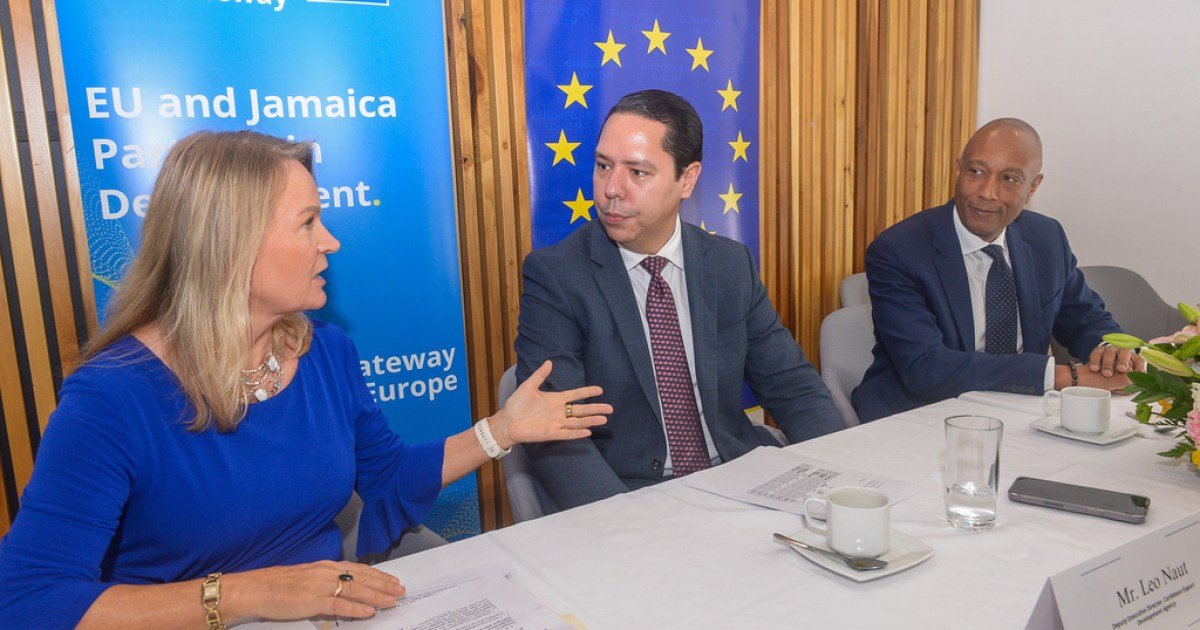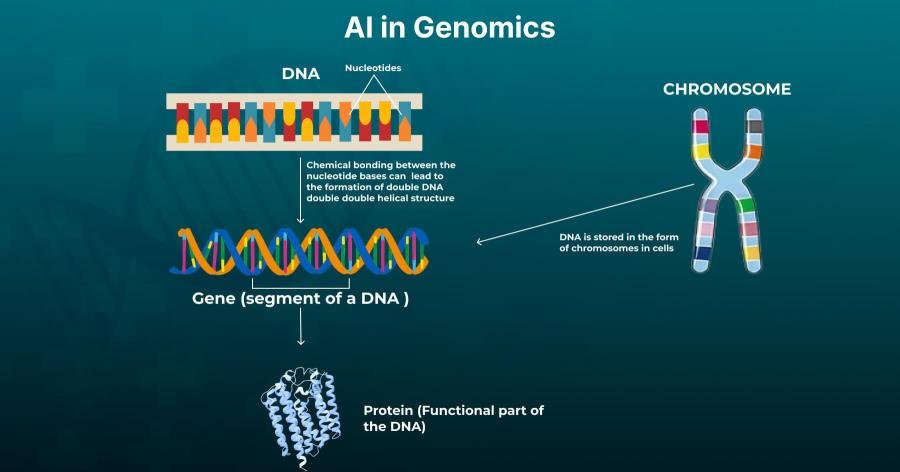
With the 2025 Atlantic Hurricane Season officially underway, the EU-LAC Digital Alliance is shining a spotlight on a new weather forecasting and climate adaptation programme poised to strengthen Jamaica’s resilience against extreme weather events.
Speaking at a press briefing on Friday, June 6, at the European Union Delegation’s office in Kingston, EU Ambassador to Jamaica Dr Erja Askola underscored the urgency and timeliness of the initiative, particularly as the region prepares for what forecasters predict will be an active storm season.
The EU-LAC Digital Accelerator and the Diversifying Weather Forecasting and Building Climate Change Adaptation Tools Programmes are part of a broader push by the EU-LAC Digital Alliance to translate high-level policy into actionable support for the Caribbean and Latin America. It follows recent strategic discussions between EU, Latin American, and Caribbean partners to deepen cooperation ahead of the 2025 CELAC-EU Summit.
“As we enter the hurricane season, we stand ready to reinforce regional efforts to enhance early warning systems and emergency preparedness,” said Dr Askola. “Our cooperation in weather forecasting tools reflects a shared and urgent concern across the region on climate resilience.”

The EU has partnered with the Caribbean Institute for Meteorology and Hydrology (CIMH) to support the entire climate services value chain — particularly in high-risk sectors such as agriculture, water, and disaster risk reduction.
Dr Askola noted that the programme draws on cutting-edge European tools, including Copernicus, the EU’s satellite imaging system, and Destination Earth, a digital Earth observation platform, to support regional forecasting and disaster preparedness.
“This is not just about technology,” she added. “It’s about building resilience and protecting lives and livelihoods across vulnerable communities in the Caribbean.”
In addition to the climate resilience efforts, the EU is advancing digital entrepreneurship through the EU-LAC Digital Accelerator, which fosters collaboration between start-ups and established corporations across the Atlantic.
A key local initiative under this programme, Digital Connectors Jamaica, was launched in partnership with the Development Bank of Jamaica (DBJ) and the Caribbean Export Development Agency (CEDA). It offers Jamaican start-ups access to grant funding of up to US$50,000, alongside acceleration services worth up to €40,000 and a €7,000 proof-of-concept grant.
“This is about unlocking the innovation potential of our most promising entrepreneurs,” said Dr Askola. “We are creating pathways for Jamaican start-ups to work alongside global firms, test their solutions, and bring them to market.”
David Lowe, Managing Director of the DBJ, echoed this sentiment, describing the programme as a platform for building a culture of innovation and scaling homegrown solutions.
“Through this model, we aim to tackle real-world business challenges and create scalable solutions developed by Jamaica’s brightest innovators,” Lowe said. “We anticipate supporting up to five Jamaican start-ups over the next year.”
He added that the initiative will also introduce Jamaican firms to corporate venturing—a model where established companies work directly with start-ups to drive internal innovation and growth.
Both initiatives — the climate adaptation programme and the digital accelerator—reflect the EU’s broader commitment to supporting sustainable development and disaster resilience in Jamaica and the wider region.
“As these programmes grow, they will not only improve our ability to withstand the impacts of climate change but also generate new jobs, technologies, and economic opportunities,” Dr Askola concluded.





